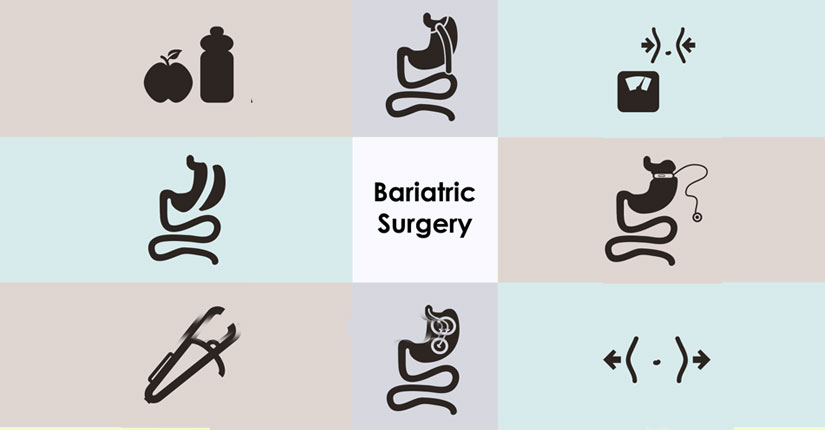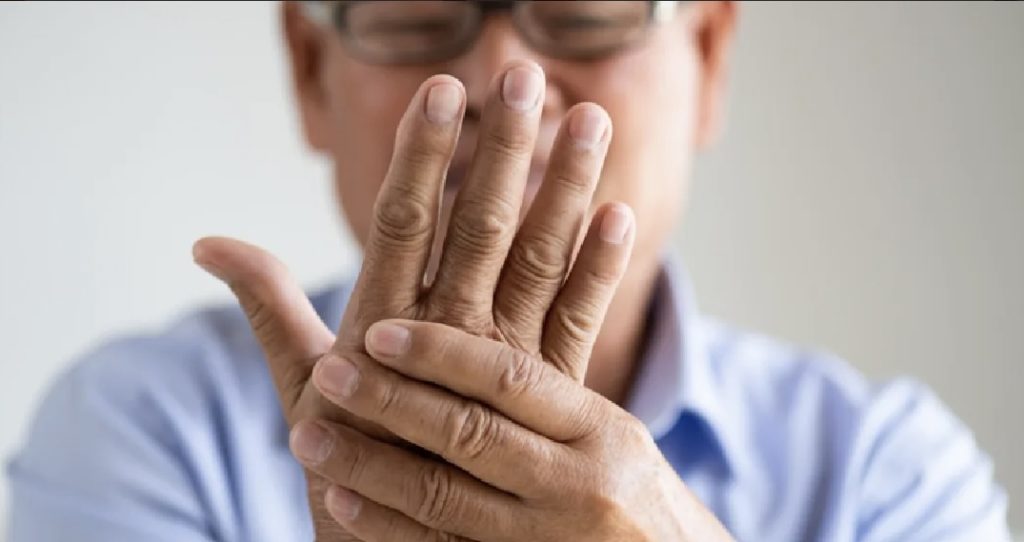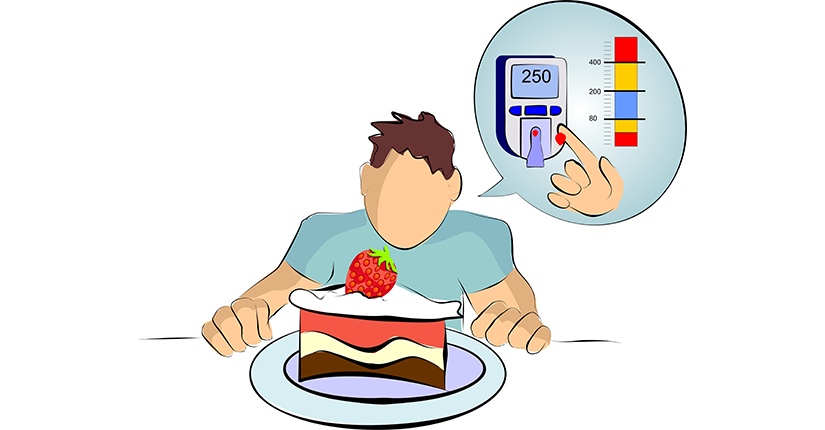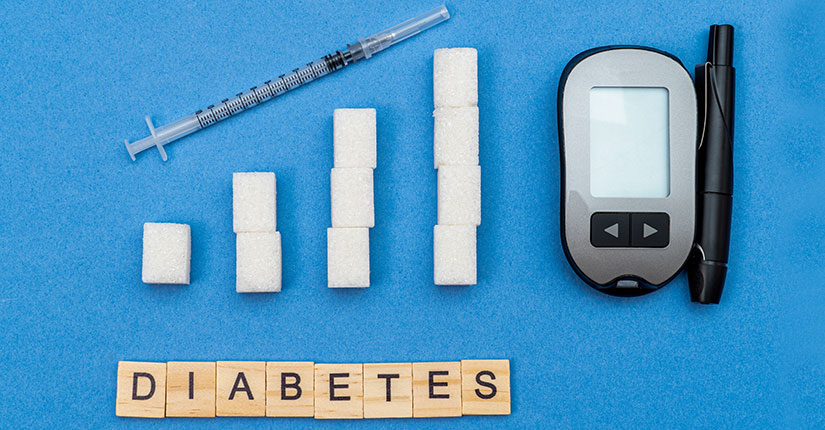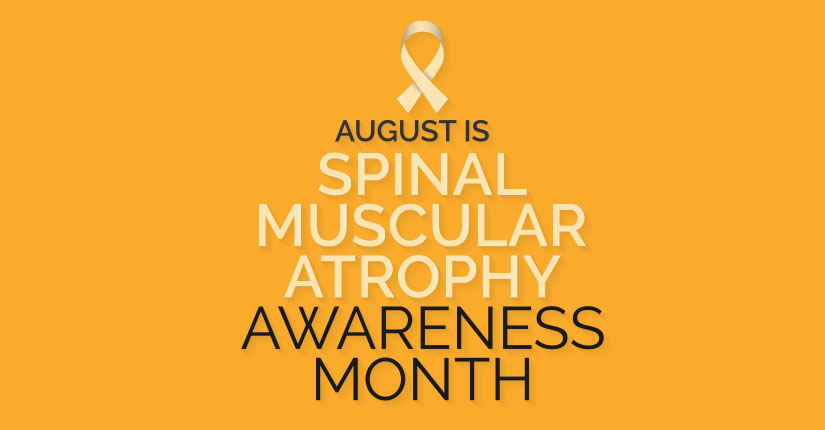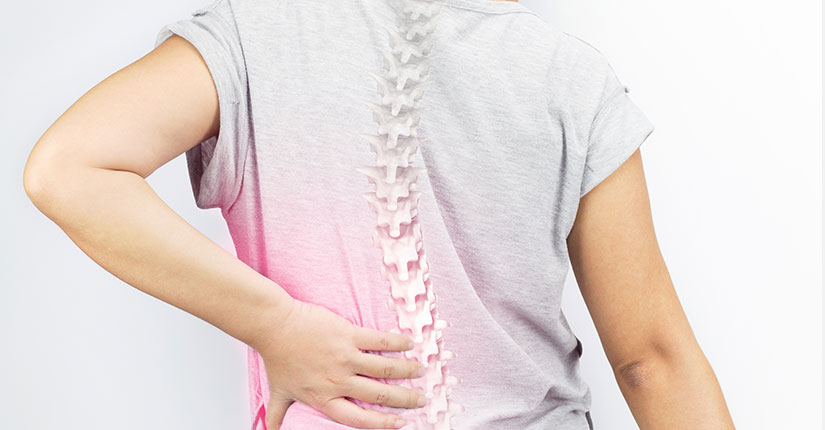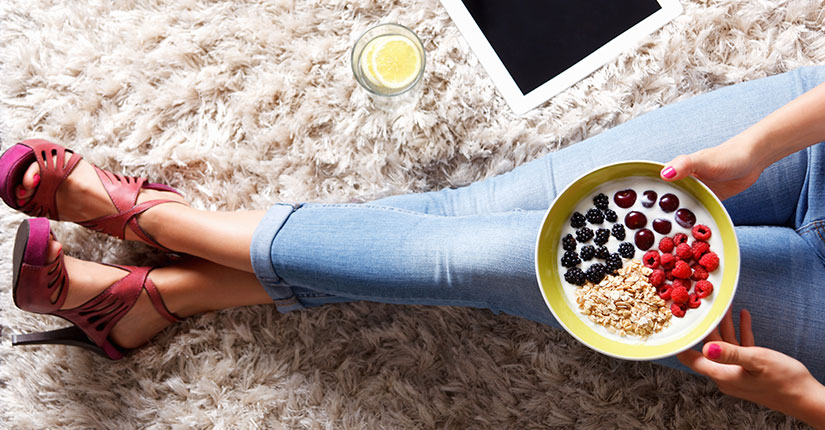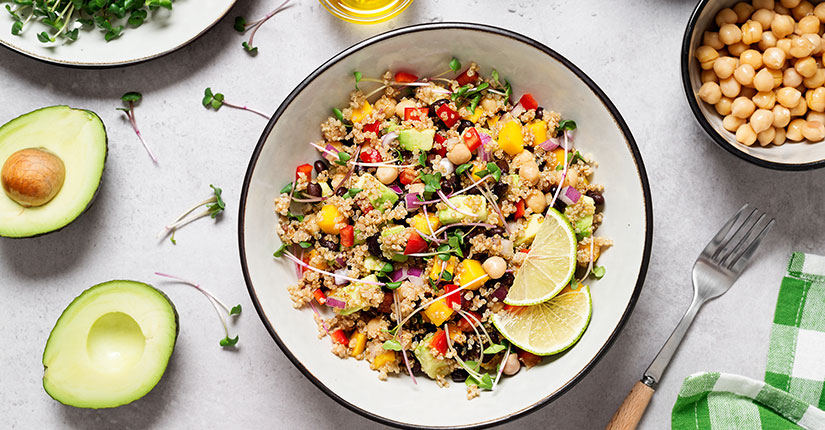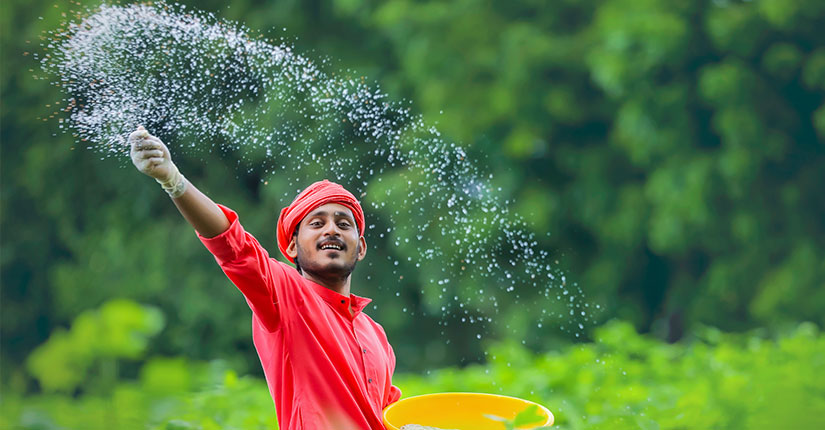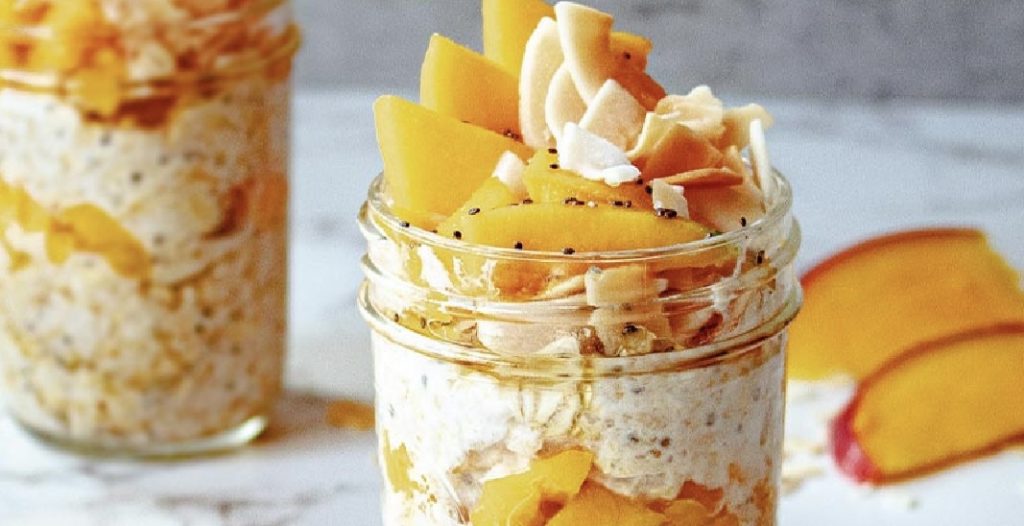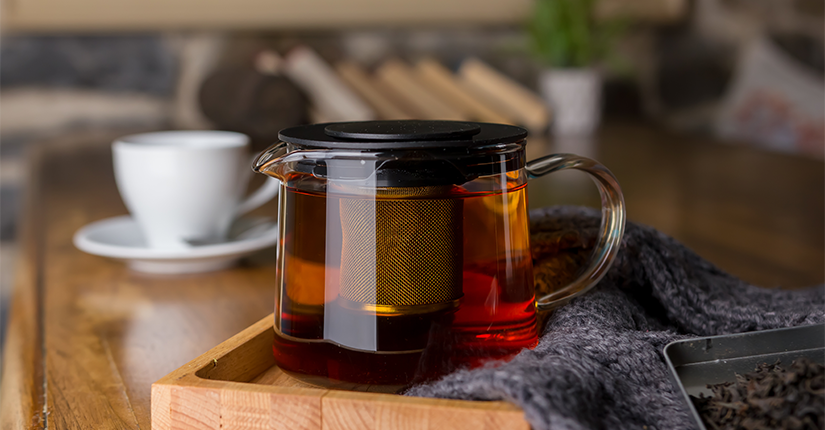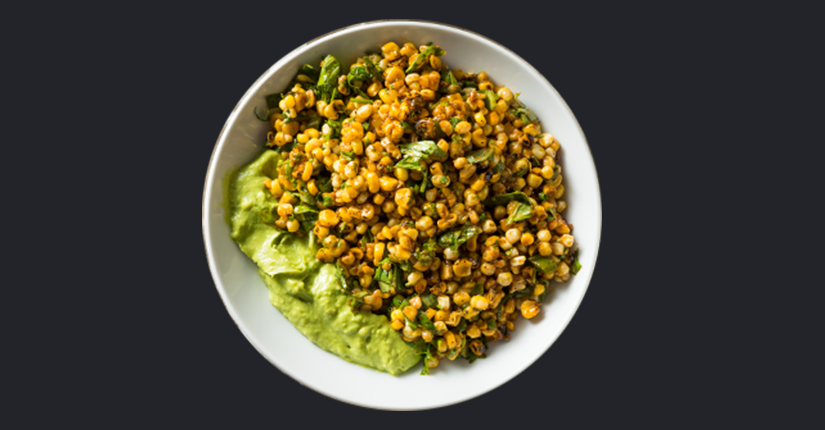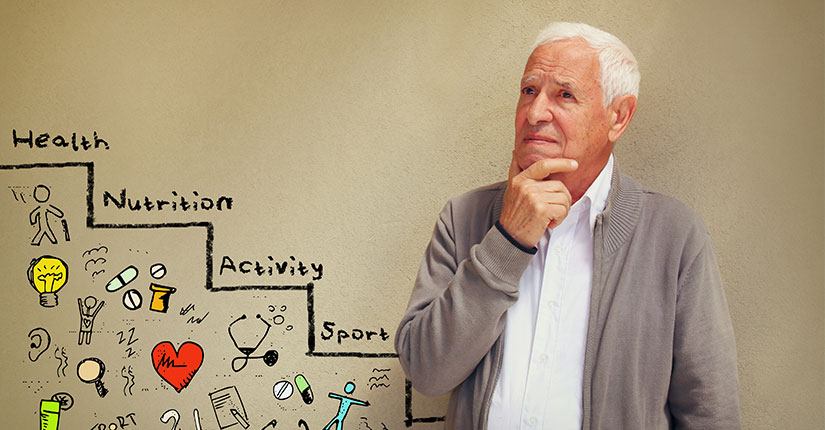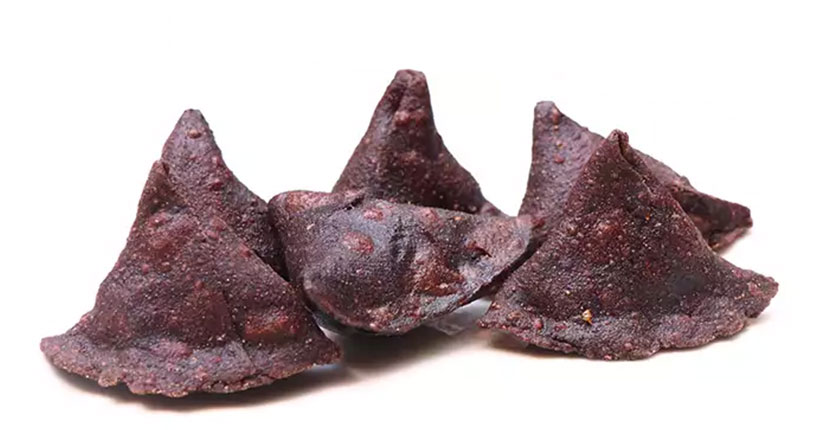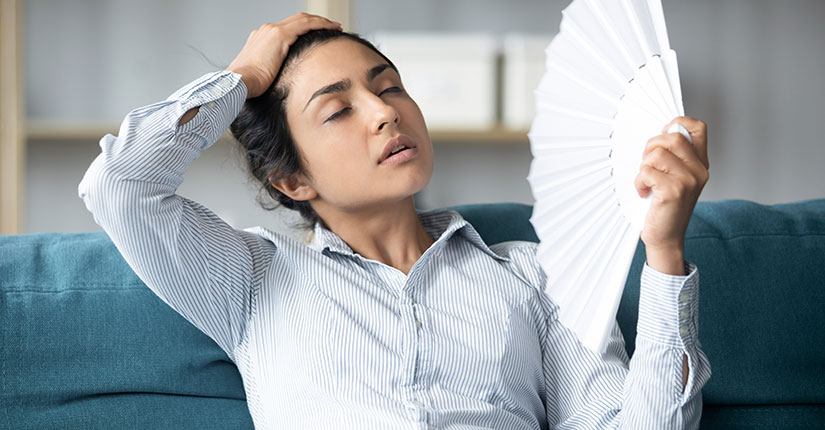What diet to have when you have Malaria
By Nmami Agarwal 19-Apr 2023 Reading Time: 4 Mins
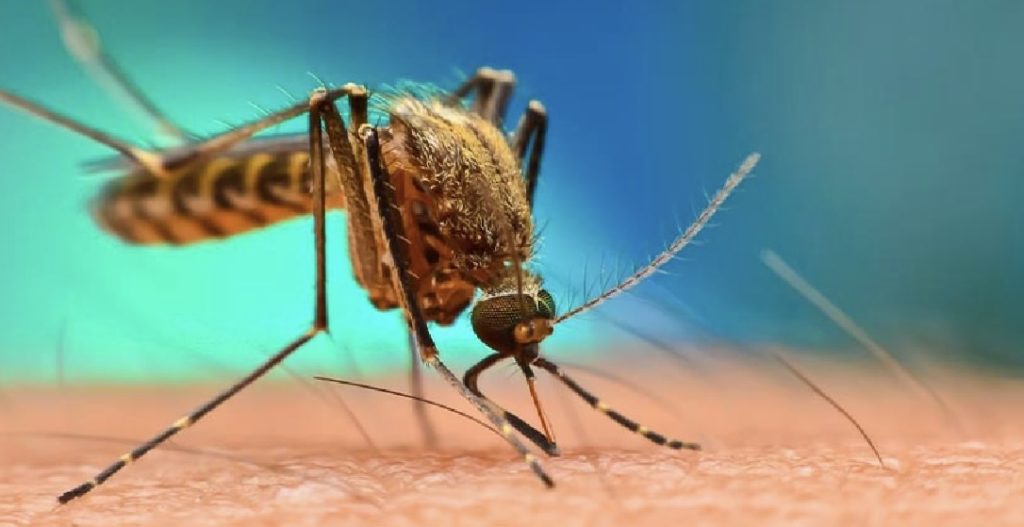
Malaria is a febrile disease caused by plasmodium parasites which is transmitted by the infected female anopheles mosquito.
It is a preventable and curable disease. However good nutrition fastens the recovery time and helps the person with malaria to get back to his routine life faster.
Fever, muscle cramps, weakness and fatigue are the common symptoms during Malaria. Even after the fever subsides, weakness and muscle cramps persist for a long time.
Apart from the medications prescribed it is required to follow a balanced diet to get back the energy levels
- Good hydration
Good hydration is the key to remove the toxins and kick start the immunity. It is required to include fluids like buttermilk, tender coconut water, fresh juices and soups apart from the regular water intake.
It is also necessary to include vegetables and fruits with high water content like melons, cucumber, tomatoes, different gourds like bottle gourd, ridge gourd etc
- Foods rich in antioxidants
Vitamin C rich foods like oranges, guava, grapefruit, dark green leafy vegetables which are rich in folate, and iron are phytonutrients which our body requires for good immunity and to get rid of free radicals that can cause inflammation and make the recovery slower.
- High protein which are easily digestible
The protein requirement increases during malaria as there is muscle wastage. Also proteins are required for repair and healing. Loss of appetite during fever reduces the intake hence it becomes imperative to include easily digestible protein with high biological value.
Such protein sources include – dairy like milk, curd, buttermilk, paneer etc, different types of dals (soaked and cooked well), millet porridges like those made from ragi or bajra.
If you are a non vegetarian – eggs, lean meat like chicken and fish are good options. Chicken soup can provide hydration and also proteins for the body.
- Inclusion of nuts and seeds
Nuts like almond, walnuts, pista, cashews are power houses of nutrition. They are a good source of good fat, proteins and vitamin E. They provide the necessary energy that our body requires and also fights against inflammation in our body.
Seeds like pumpkin seeds, sesame seeds are rich sources of calcium, magnesium and potassium that help to manage muscle cramps and weakness.
- Foods to avoid
It is better to avoid excess sugar, sugary beverages and processed food. Also avoid ready made sauces, pickles to prevent gastric irritation.
Avoid high fiber foods, steam your vegetables than eating it raw as the digestion during recovery will not be optimum and can lead to bloating and even diarrhea.
Also avoid fried and high fat foods. Use optimal oil for cooking and a bit of ghee on your food.
If the appetite is not completely back to normal, it is advisable to have smaller meals throughout the day than having 3 big meals.
Taking a healthy balanced diet with good sleep and pranayama can lead to faster recovery with better energy levels.


